Post Categories
Hacking the Nervous System to Improve Cancer Treatment
The relationship between cancer and the nervous system has been a curiosity and mystery for nearly two centuries. Jean Cruveilhier’s initial observations in the…
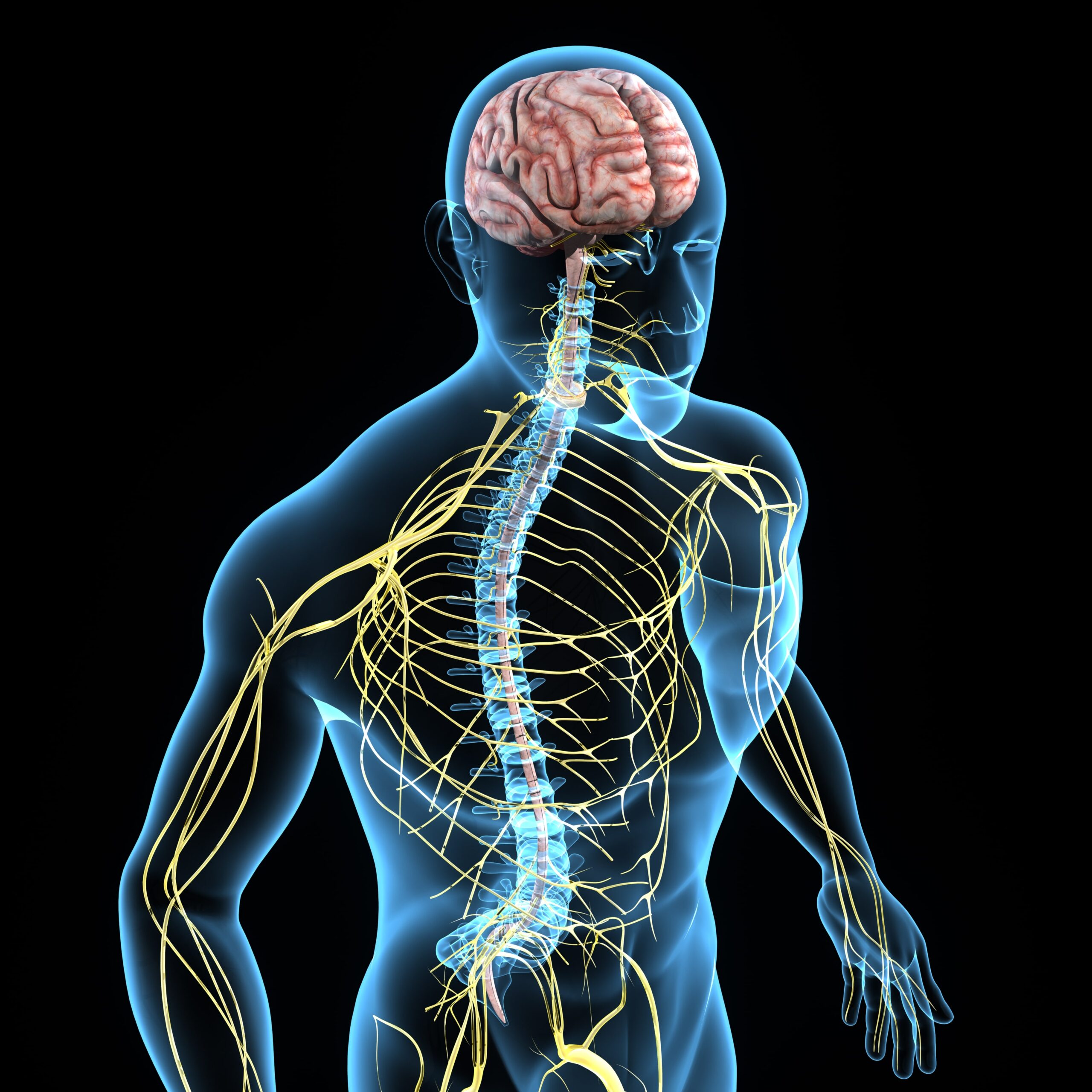
Hacking the Nervous System to Improve Cancer Treatment
April 22, 2024
The relationship between cancer and the nervous system has been a curiosity and mystery for nearly two centuries. Jean Cruveilhier’s initial observations in the…
Oncology Drug Development: A Short History
Humans have practiced oncology — the study and treatment of cancer — since long before the invention of the scalpel. The history of oncology…
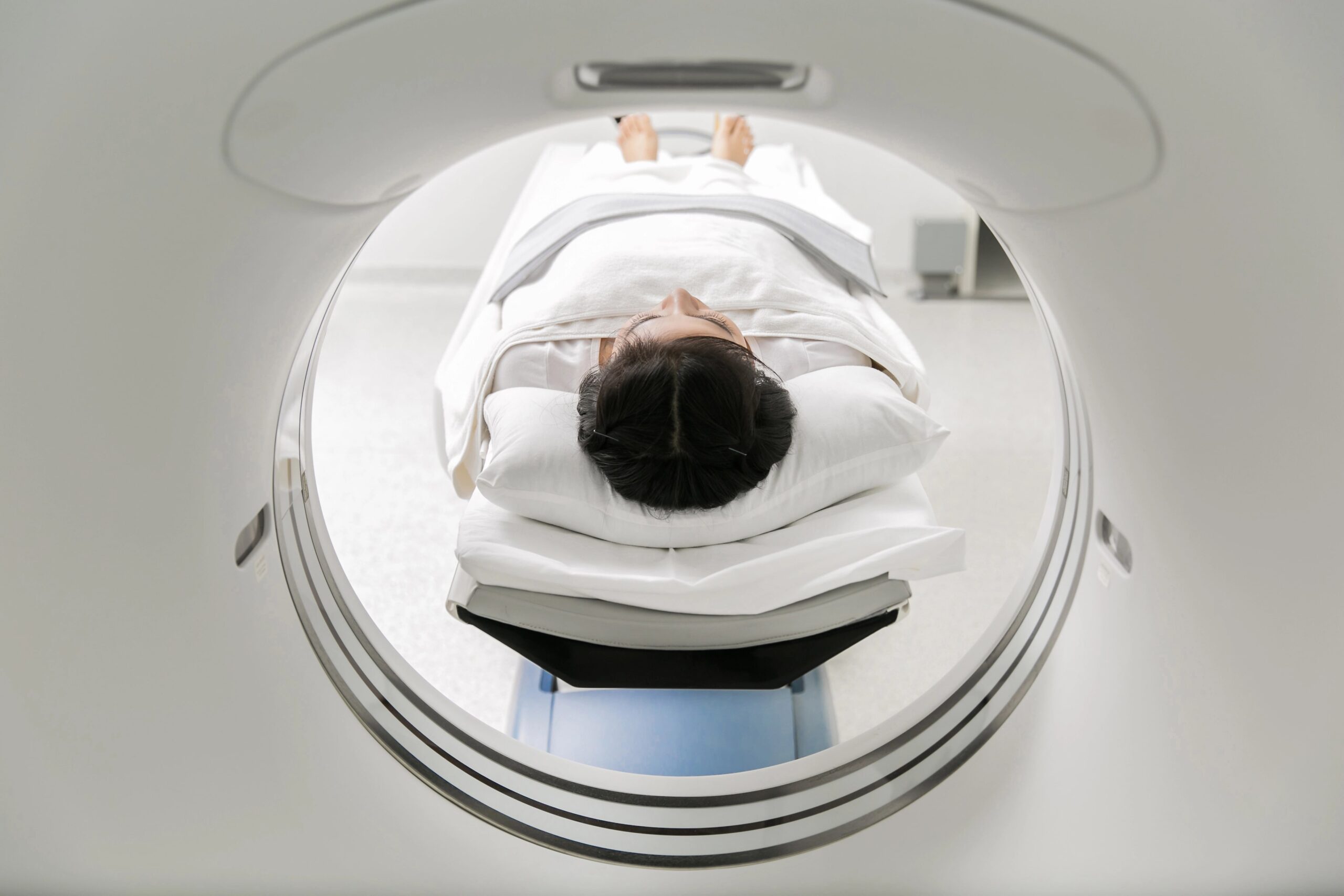
Oncology Drug Development: A Short History
April 17, 2024
Humans have practiced oncology — the study and treatment of cancer — since long before the invention of the scalpel. The history of oncology…
New Class of Weight Loss Drugs Shows Promise in Treating Heart Disease
NodThera, a biotech company based in Cambridge, England, is developing a new class of medicines that inhibit the NOD-, LRR- and pyrin domain-containing protein…

New Class of Weight Loss Drugs Shows Promise in Treating Heart Disease
April 15, 2024
NodThera, a biotech company based in Cambridge, England, is developing a new class of medicines that inhibit the NOD-, LRR- and pyrin domain-containing protein…
COVID-19 Wiped Out a Flu Strain, Spurring Revamped Vaccine Strategy
Annual flu shots in the United States are going to be made a little differently this year, as one of the flu strains usually…
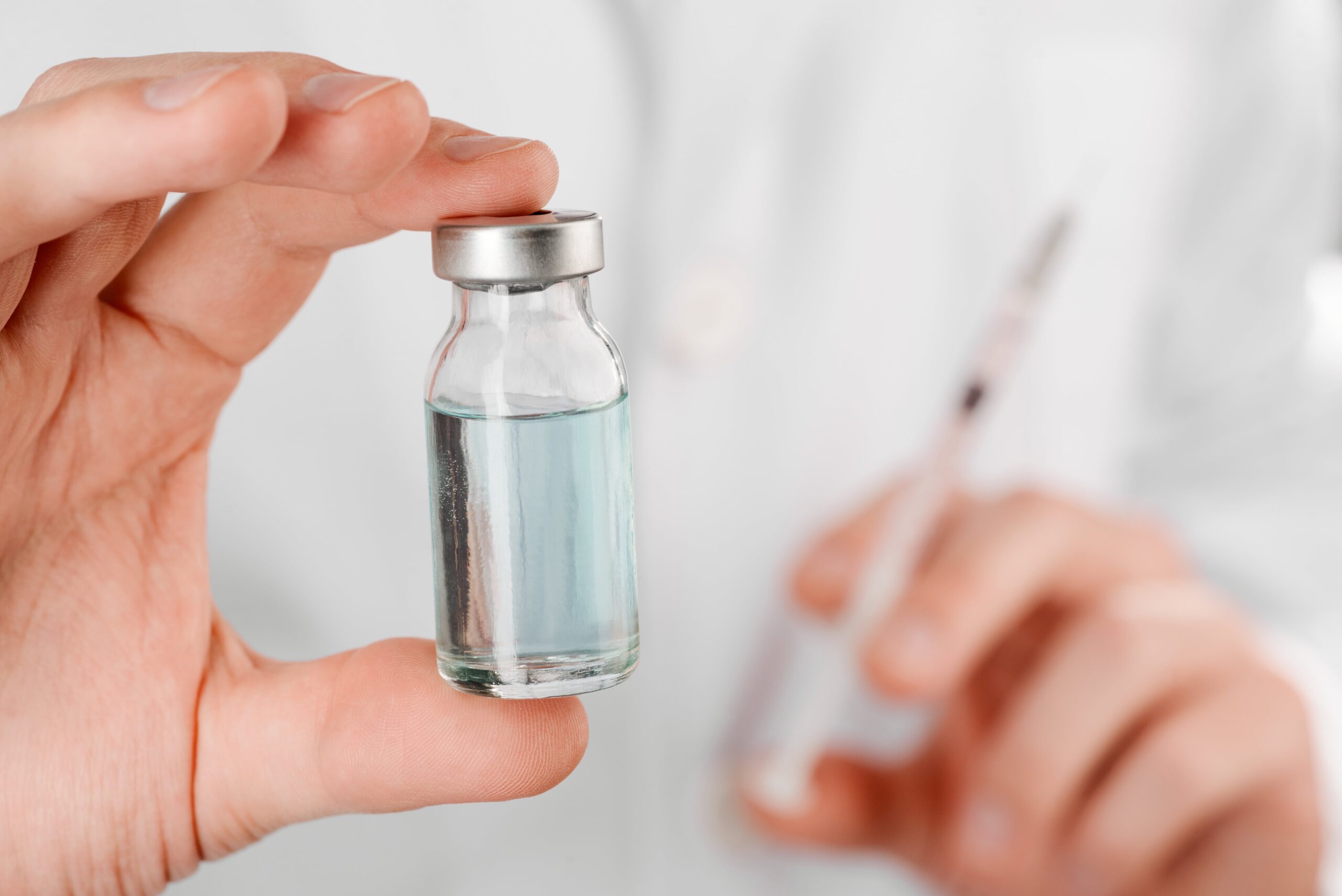
COVID-19 Wiped Out a Flu Strain, Spurring Revamped Vaccine Strategy
April 8, 2024
Annual flu shots in the United States are going to be made a little differently this year, as one of the flu strains usually…
Scientists Harness Brain Waves for Life-Changing Neuroprosthetics
Genetic abnormalities, neurodegenerative conditions, and trauma can all impact speech, making it difficult or impossible for those affected to communicate verbally. And while resources…

Scientists Harness Brain Waves for Life-Changing Neuroprosthetics
April 3, 2024
Genetic abnormalities, neurodegenerative conditions, and trauma can all impact speech, making it difficult or impossible for those affected to communicate verbally. And while resources…
Vivani Shifts to Weight Management with an Exenatide Implant
As GLP-1 receptor agonist injections continue to gain acceptance as effective solutions for weight management and cardiovascular health, a tiny drug-delivering implant from Vivani…

Vivani Shifts to Weight Management with an Exenatide Implant
April 1, 2024
As GLP-1 receptor agonist injections continue to gain acceptance as effective solutions for weight management and cardiovascular health, a tiny drug-delivering implant from Vivani…
EU Clinical Trial Regulation 536/2014 and CTIS: Common Questions and Answers
As reported in our previous CTIS-related blog post, the way clinical trials are documented in the European Union (EU) is changing. By January 31,…
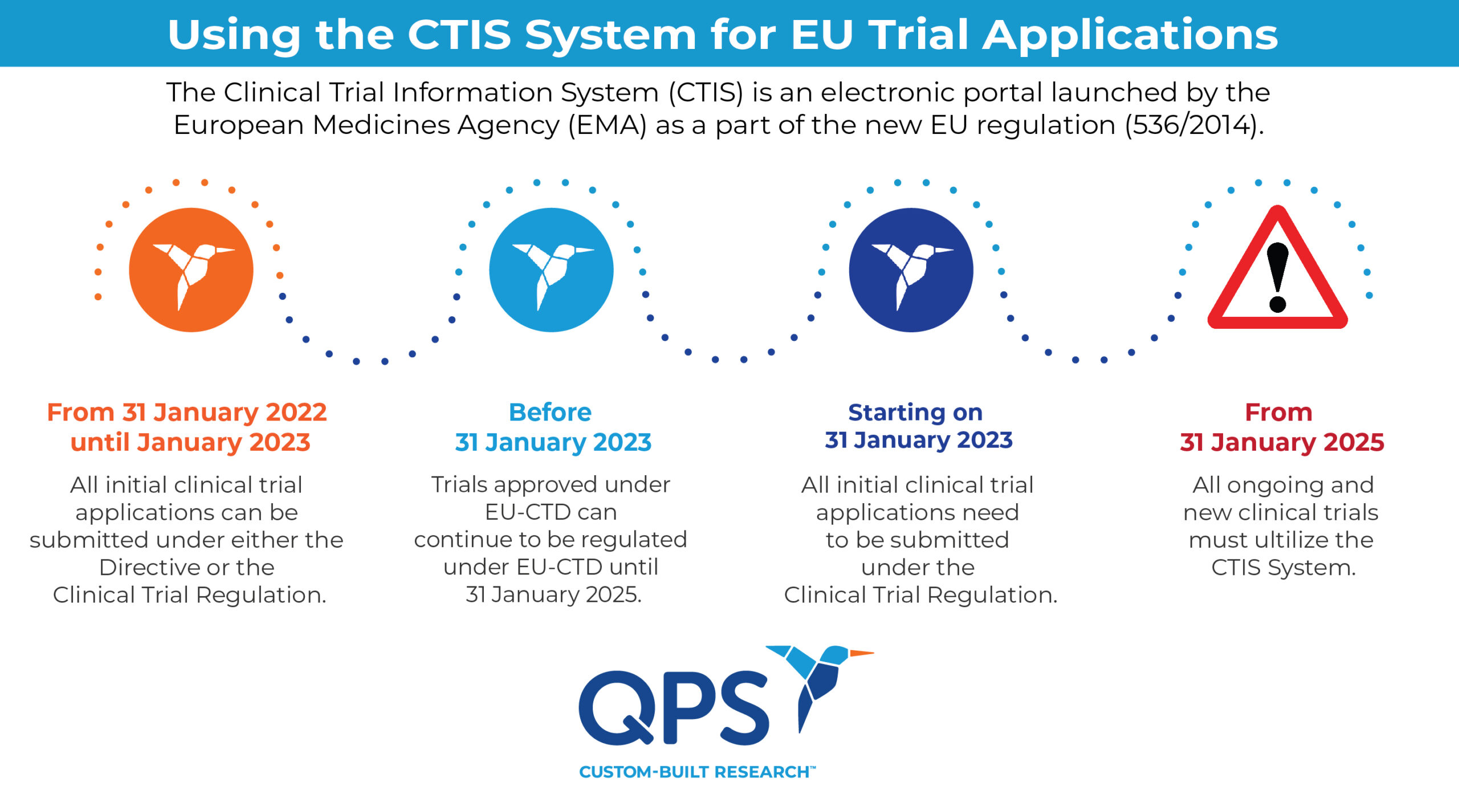
EU Clinical Trial Regulation 536/2014 and CTIS: Common Questions and Answers
March 20, 2024
As reported in our previous CTIS-related blog post, the way clinical trials are documented in the European Union (EU) is changing. By January 31,…
Customized Therapies Offer Hope for Patients with Ultra-Rare Genetic Diseases
Leveraging rapid developments in gene therapy, researchers are designing new ways to target ultra-rare genetic diseases with treatments tailored to a patient’s specific genetic…

Customized Therapies Offer Hope for Patients with Ultra-Rare Genetic Diseases
March 18, 2024
Leveraging rapid developments in gene therapy, researchers are designing new ways to target ultra-rare genetic diseases with treatments tailored to a patient’s specific genetic…
Navigating Changes to EU Clinical Trial Management: What You Need to Know
The face of clinical trials in the European Union (EU) is changing. By January 31, 2025, all ongoing clinical trials must move to the…

Navigating Changes to EU Clinical Trial Management: What You Need to Know
March 13, 2024
The face of clinical trials in the European Union (EU) is changing. By January 31, 2025, all ongoing clinical trials must move to the…
Psychoactive Drug Ibogaine Has Transformative Effects for Veterans with Traumatic Brain Injury
Traumatic brain injuries (TBIs), commonly experienced by military personnel, often incur deep damage and invisible scars. Such injuries are significant contributors to post-traumatic stress…

Psychoactive Drug Ibogaine Has Transformative Effects for Veterans with Traumatic Brain Injury
March 11, 2024
Traumatic brain injuries (TBIs), commonly experienced by military personnel, often incur deep damage and invisible scars. Such injuries are significant contributors to post-traumatic stress…
The Link Between Obesity Drugs and Brain Health
Glucagon-like peptide-1 (GLP-1) receptor agonists are arguably the hottest topic in medical innovation. The drugs semaglutide and tirzepatide, known under brand names like Ozempic,…
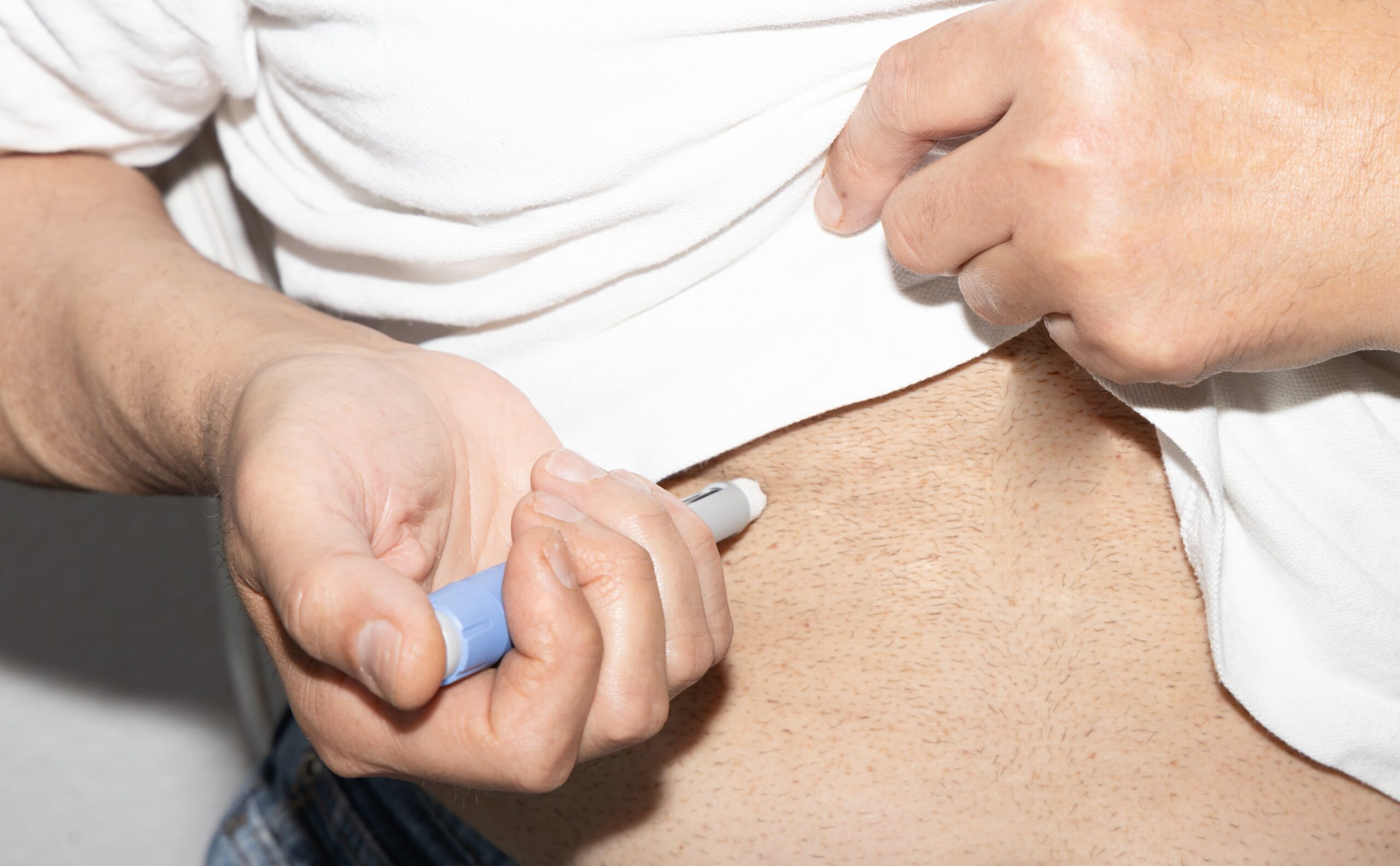
The Link Between Obesity Drugs and Brain Health
March 6, 2024
Glucagon-like peptide-1 (GLP-1) receptor agonists are arguably the hottest topic in medical innovation. The drugs semaglutide and tirzepatide, known under brand names like Ozempic,…
Advances in Treating Autoimmune Diseases Focus on Restoring Immune Tolerance
For decades, the battle against autoimmune diseases like type 1 diabetes, lupus, and multiple sclerosis has been an uphill struggle. Conventional treatments most often…
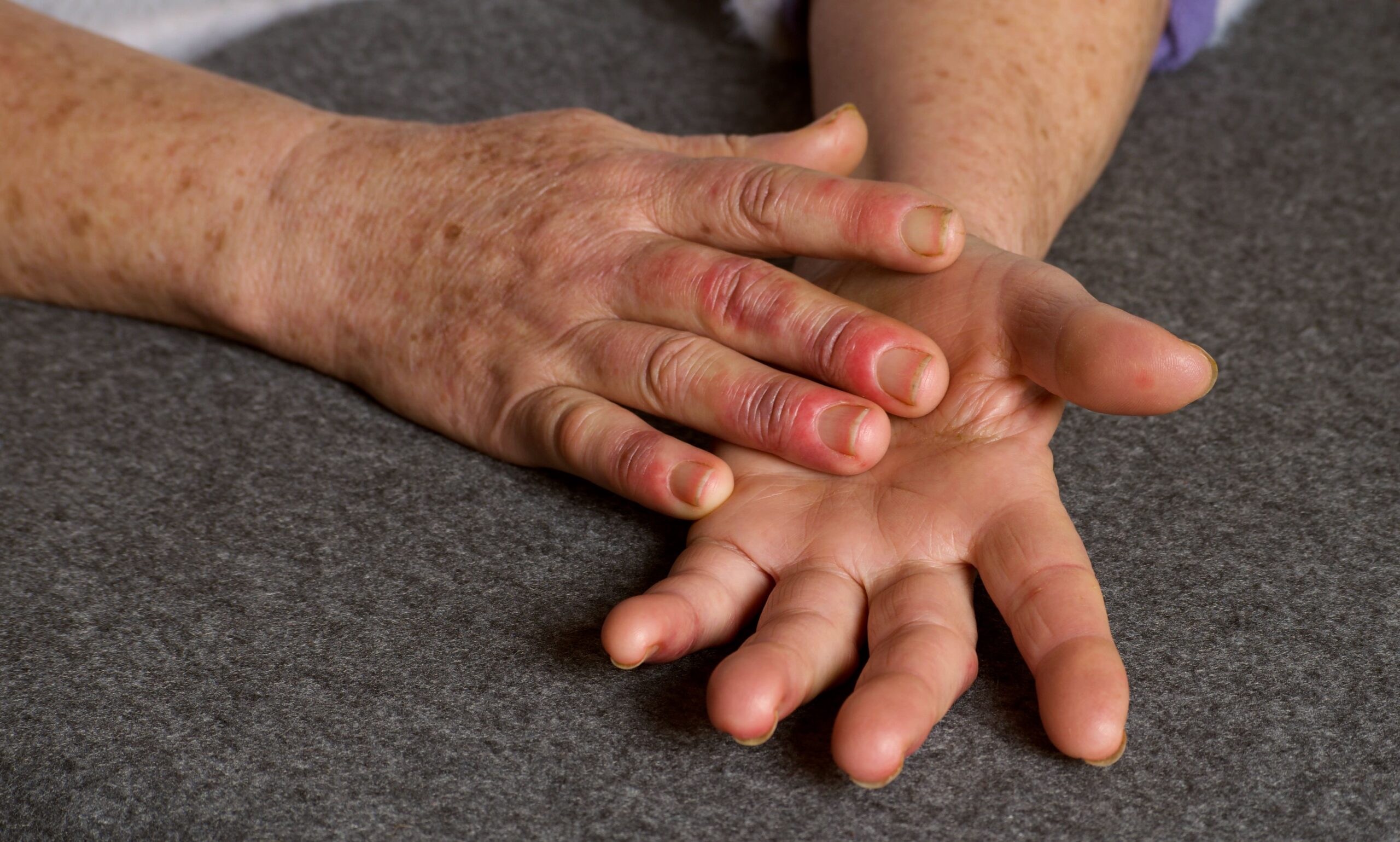
Advances in Treating Autoimmune Diseases Focus on Restoring Immune Tolerance
March 4, 2024
For decades, the battle against autoimmune diseases like type 1 diabetes, lupus, and multiple sclerosis has been an uphill struggle. Conventional treatments most often…
Hacking the Nervous System to Improve Cancer Treatment
The relationship between cancer and the nervous system has been a curiosity and mystery for nearly two centuries. Jean Cruveilhier’s initial observations in the…

Hacking the Nervous System to Improve Cancer Treatment
April 22, 2024
The relationship between cancer and the nervous system has been a curiosity and mystery for nearly two centuries. Jean Cruveilhier’s initial observations in the…
Oncology Drug Development: A Short History
Humans have practiced oncology — the study and treatment of cancer — since long before the invention of the scalpel. The history of oncology…

Oncology Drug Development: A Short History
April 17, 2024
Humans have practiced oncology — the study and treatment of cancer — since long before the invention of the scalpel. The history of oncology…
New Class of Weight Loss Drugs Shows Promise in Treating Heart Disease
NodThera, a biotech company based in Cambridge, England, is developing a new class of medicines that inhibit the NOD-, LRR- and pyrin domain-containing protein…

New Class of Weight Loss Drugs Shows Promise in Treating Heart Disease
April 15, 2024
NodThera, a biotech company based in Cambridge, England, is developing a new class of medicines that inhibit the NOD-, LRR- and pyrin domain-containing protein…
COVID-19 Wiped Out a Flu Strain, Spurring Revamped Vaccine Strategy
Annual flu shots in the United States are going to be made a little differently this year, as one of the flu strains usually…

COVID-19 Wiped Out a Flu Strain, Spurring Revamped Vaccine Strategy
April 8, 2024
Annual flu shots in the United States are going to be made a little differently this year, as one of the flu strains usually…
Scientists Harness Brain Waves for Life-Changing Neuroprosthetics
Genetic abnormalities, neurodegenerative conditions, and trauma can all impact speech, making it difficult or impossible for those affected to communicate verbally. And while resources…

Scientists Harness Brain Waves for Life-Changing Neuroprosthetics
April 3, 2024
Genetic abnormalities, neurodegenerative conditions, and trauma can all impact speech, making it difficult or impossible for those affected to communicate verbally. And while resources…
Vivani Shifts to Weight Management with an Exenatide Implant
As GLP-1 receptor agonist injections continue to gain acceptance as effective solutions for weight management and cardiovascular health, a tiny drug-delivering implant from Vivani…

Vivani Shifts to Weight Management with an Exenatide Implant
April 1, 2024
As GLP-1 receptor agonist injections continue to gain acceptance as effective solutions for weight management and cardiovascular health, a tiny drug-delivering implant from Vivani…
At Qps We Believe In Developing Close And Long-Lasting Relationships With Our Clients On The Basis Of Trust And Mutual Respect. This mutual trust,…
Introduction RNA based drugs are a promising new class of therapeutics with tremendous potential for treating a wide range of diseases. There are various…
About Messenger Ribonucleic Acid (mRNA) Current mRNA (messenger ribonucleic acid) research has rapidly driven the discovery and production of this new therapeutic. Modified mRNAs…
NEWARK, Delaware, January 10, 2024/BUSINESS WIRE/ — QPS Holdings, LLC (QPS), a global contract research organization (CRO) that provides discovery, preclinical, bioanalysis, clinical trials,…
NEWARK, Delaware, Dec. 14, 2023/BUSINESS WIRE/ — QPS Holdings, LLC (QPS), a global contract research organization (CRO) that provides discovery, preclinical, bioanalysis, clinical trials,…
SPRINGFIELD, Missouri, Dec. 4, 2023/BUSINESS WIRE/ — QPS Holdings, LLC, a global contract research organization, has expanded operations in Springfield, Missouri. The new facilities…





